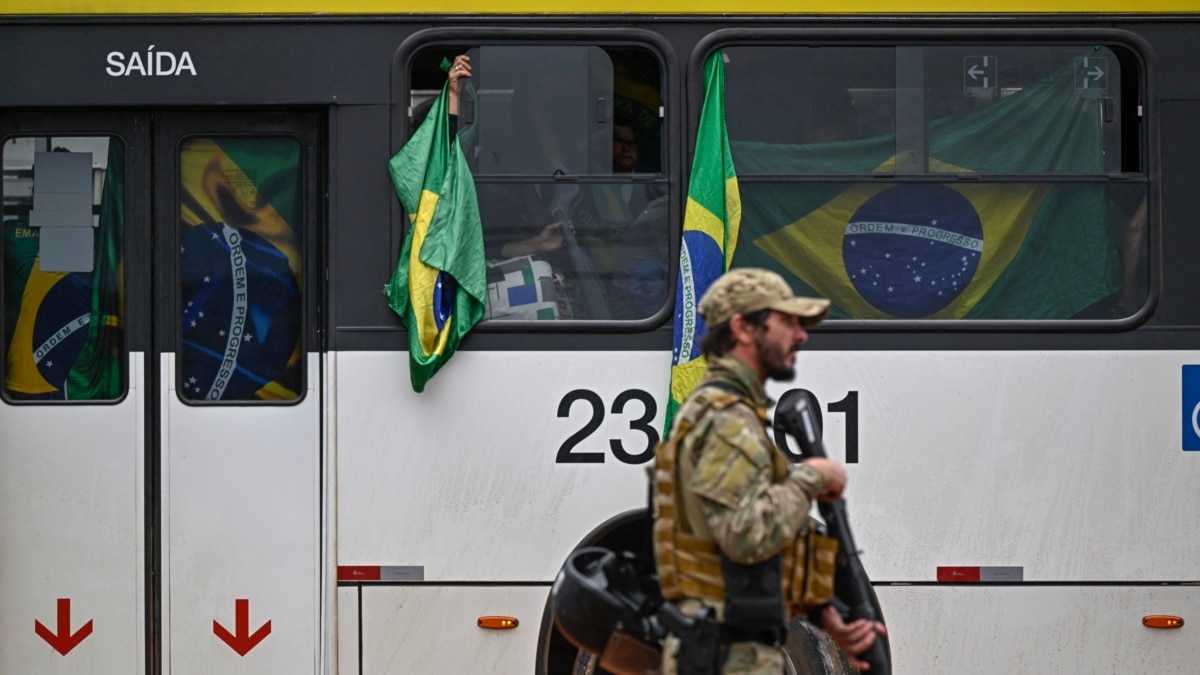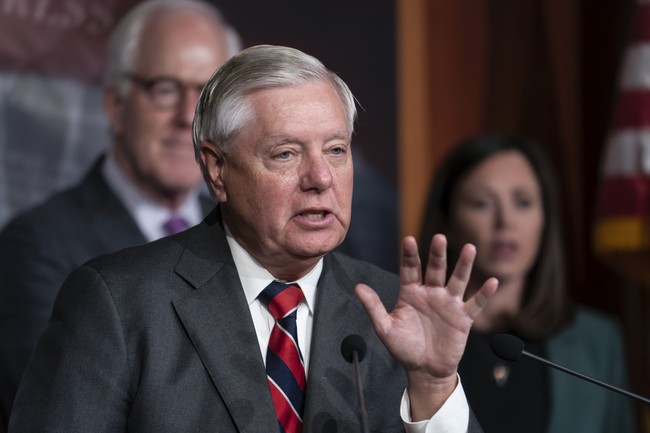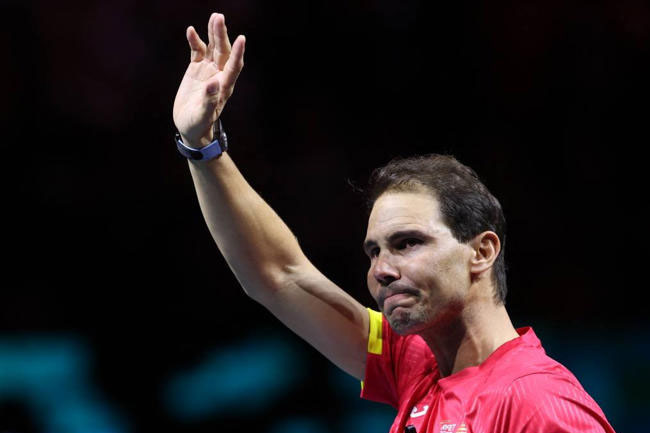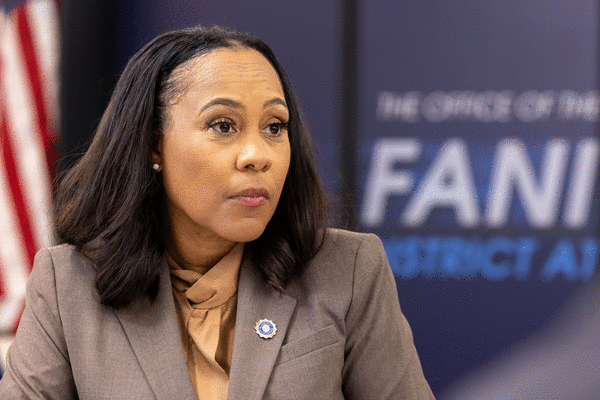Brazil Uncovered: The Plot to Assassinate Lula
Explore the unfolding saga in Brazil where top military and police officials are accused of concocting a sinister plot against President Lula da Silva and his government.
Published November 20, 2024 - 00:11am

Image recovered from voaportugues.com
Brazil is currently embroiled in a complex and dramatic political situation following revelations of a plot to assassinate key state figures, including President Luiz Inácio Lula da Silva. This has not only rocked the nation but also drawn international attention as it involves several high-level military officials and a police officer, highlighting deep-seated political tensions in the country.
On November 19, the Brazilian Federal Police executed a major operation resulting in the arrest of five individuals, comprising four military officers and one federal policeman. These arrests were made in connection to an alleged coup plot aimed at overturning the results of the 2022 presidential elections. The plan also allegedly involved the assassination of President Lula, Vice President Geraldo Alckmin, and Supreme Court Justice Alexandre de Moraes.
The suspects, reportedly part of the special forces, were believed to be plotting the assassination as a means to prevent the inauguration of President-elect Lula and Vice President Alckmin, stirring fears of a significant threat to Brazilian democracy. The Justice De Moraes, who had been pivotal in electoral integrity cases, was particularly targeted due to his role as president of the Superior Electoral Court during the elections.
Documents unveiled during the investigation suggest that the conspirators, equipped with expert military training, initiated their operation shortly after Lula's electoral victory in November 2022. They allegedly planned to utilize poison as a method to commit these assassinations, thus causing a shock to the system that could precipitate a wider coup against the newly elected government.
This sinister plan was a significant continuation of political unrest that saw its public face on January 8, when thousands of supporters of former President Jair Bolsonaro stormed the Praça dos Três Poderes in Brasília. This event reflected the deep divisions in Brazilian society and the challenges facing Lula's administration in ensuring political stability and safeguarding democratic processes.
The investigation intensified after military officials publicly stated that they had been approached with potential plans to keep Bolsonaro in power illegally. This admission adds to the numerous legal issues facing Bolsonaro, who has been linked to various scandals and is under investigation for alleged misconduct during his tenure, including fraudulent health passport schemes.
Further complexity is added by the international setting of these arrests, coming as they did amid the G20 summit in Rio de Janeiro. This setting underscores the high stakes involved, with accusations of involvement reaching into elite military units responsible for the summit's security.
The political landscape in Brazil is thus fraught with tension as the country grapples with these revelations. The threats against Lula and other top officials are not only attacks on individuals but acts against Brazil's democratic fabric. These incidents have understandably elicited widespread concern both domestically and internationally, raising questions about the stability of Brazil's democracy.
In response to the arrests and the accusations, there have been calls for a comprehensive legal and political response to ensure justice and prevent future threats. The Brazilian government faces the challenge of reinforcing its democratic institutions while dealing with the legacy of division and unrest brought about by the previous administration.
Brazil's turbulent political climate remains a significant focal point for journalists, scholars, and policymakers, as the country navigates these turbulent waters. The nation's ability to handle this crisis will have far-reaching implications for its democratic process and regional stability in Latin America.







